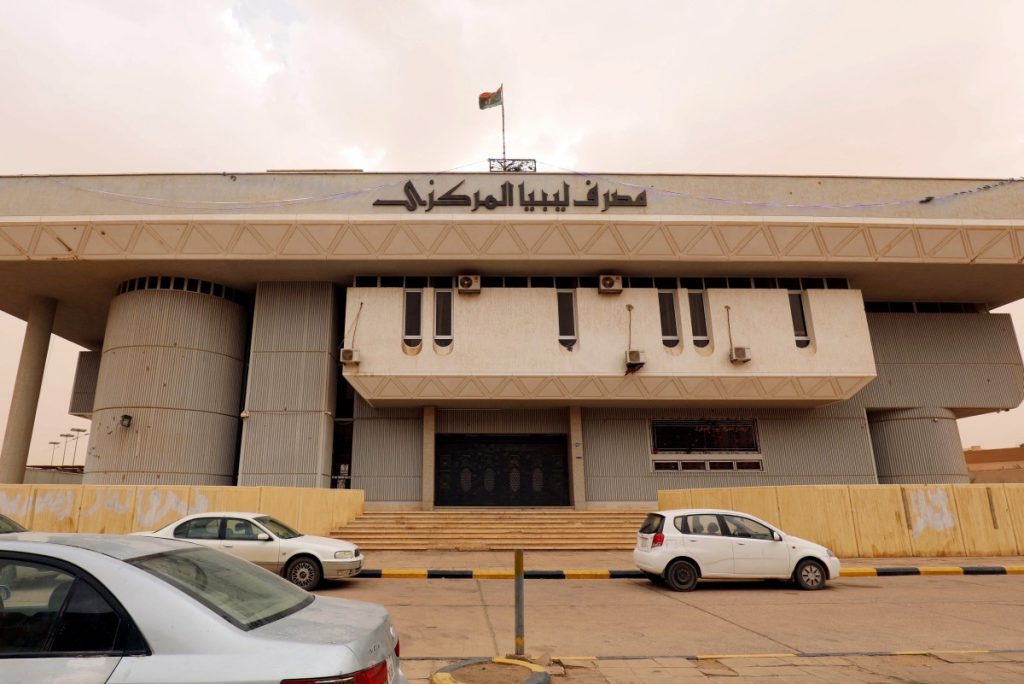Libya has appointed a new central bank governor as part of a UN-backed agreement to resolve a dispute between rival administrations that had reduced oil output by half.
Since August, tensions and violence have escalated around the central bank in oil-rich Libya, which is divided between a UN-recognized government in the west and a rival authority in the east. These tensions forced Governor Seddik al-Kabir to flee the country.
Following UN-facilitated talks, the rival administrations signed an agreement on Thursday to appoint a new central bank governor. The eastern-based parliament unanimously named Naji Issa the new governor and Miree al-Barasee as vice-governor. The new leadership is expected to establish a board of directors within ten days.
The High Council of State, acting as a senate and based in Tripoli, also signed the agreement. Tripoli is home to the UN-recognized government led by Prime Minister Abdulhamid Dbeibah.
Libya is still recovering from years of conflict following the 2011 NATO-backed uprising that ousted longtime dictator Moamer Kadhafi. The country remains divided between Dbeibah’s administration and the rival authority in the east, supported by military leader Khalifa Haftar.
In a social media post, Dbeibah described the vote as a “positive step” towards establishing an independent and professional central bank for all Libyans.
In early August, armed men besieged the central bank, demanding Kabir’s removal, which had been criticized by officials close to Dbeibah. Kabir later confirmed to the Financial Times that he had fled Libya.
On August 18, the central bank suspended all operations following the abduction of its IT chief, who was later released. The eastern administration accused an “outlaw group” linked to Dbeibah’s government of taking control of the bank and suspended operations in oil fields and terminals under its jurisdiction. According to the National Oil Company, this led to a nearly 50% reduction in crude production, with daily output dropping to about 600,000 barrels. Libya’s oil revenue is primarily generated in the east, with production having recently returned to 1.2 million barrels per day, compared to 1.5 to 1.6 million barrels per day under Kadhafi.
At the signing ceremony on Thursday, Stephanie Koury, acting head of the UN Support Mission in Libya (UNSMIL), emphasized the need to restore full oil production. She stated, “It is of utmost importance that all parties preserve Libya’s resources and sovereign institutions, keeping them out of political conflict and factional interests.”

